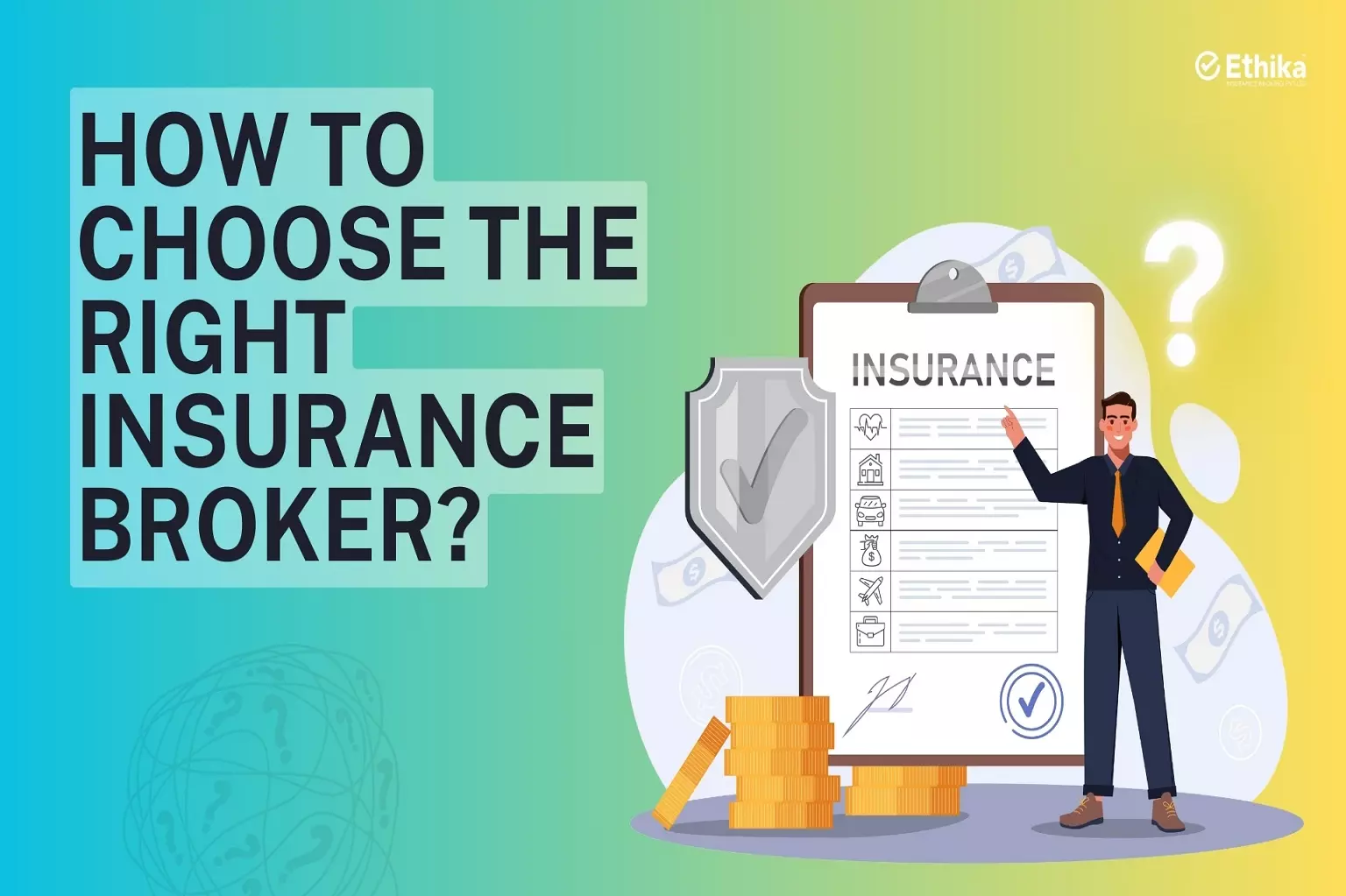
There are many forms of intermediaries in the insurance industry, including the insurance broker. Insurance intermediaries can get either a direct broking license, a re-insurance broking license, or both. Brokers with direct broking licenses can source life and non-life insurance businesses, whereas re-insurance broking license holders can also source re-insurance businesses, whereas composite brokers can source both direct and re-insurance businesses. So, when you take an insurance policy, it is important to emphasize the intermediary, as the role of the intermediary is critical in the insurance purchase process. The broker’s role becomes prominent in complicated plans such as Group health insurance, commercial insurance, engineering insurance, etc.
What’s on this page?
Here is The List of Things Explaining How to Choose The Right Insurance Broker Based on Your Requirements:
Experience:
One of the most important factors to take into consideration when choosing an insurance broker’s experience is their expertise. Experience is important in delivering the right service at the right time. The higher the experience, the higher the chance of hassle-free claim settlement. Experience makes the intermediaries go through many scenarios, and they probably would have constructed a mental model of how to react in those scenarios.
Capabilities:
Another important aspect to be aware of is the abilities for the intermediary. Capabilities include servicing ability, expansion ability, response time, etc. Capabilities come in various forms and are to be ascertained with caution. For example, the size of the intermediary, such as the number of employees, availability of personnel for catering to your needs, and availability of those personnel in times of need, are the important factors to be considered before selecting the right insurance broker. The ability of the broker to negotiate technically and get a competitive premium should be considered. The broker should provide risk advisory based on your risk profile to match your risk management strategies.
Relationship Building:
An additional factor worth keeping in mind when selecting an insurance broker is their capacity for relationship-building within their field of activity. Check whether the insurance broker maintains cordial relationships with all the stakeholders involved. It is also a fact that relationship-building happens over time and is directly related to the broker’s experience in the market. The higher the experience, the higher the relationship strength would be. The most important thing is that the broker should be able to design the policy by considering employee communication, increasing the program’s perceived benefit.
Response Time- Claims Assistance:
The response time is the time the insurance broker takes to respond to your requests. The time to respond is also referred to as the turnaround time. This is crucial in times of emergency. For example, the time the broker takes to respond to your query and revert back to resolve it is important. A higher response time is undesirable as it would delay the claim settlement process. Brokers can help you in the process of claim settlement by guiding you through the process, as it would be challenging for everyone to understand the claim settlement process. Insurance brokers should be able to provide a single point of contact in case of an event such as a claim to reduce the hassle of dealing with multiple people.
Prior Experience/ Recommendation:
The last and most important thing to consider before selecting an insurance broker is your prior experience with the broker or Recommendations from friends and family members. If you have yet to gain experience with a particular broker, it is better to take the market feedback and proceed accordingly.
FAQs:
<strong>Can I Change My Insurance Broker?</strong>
Yes, you can change the insurance broker at the time of renewal. If you want to change the broker during the policy period, then the policy has to be canceled, and a new policy has to be issued with the new broker.
<strong>Should the Response Time of an Insurance Broker be Less or High?</strong>
An insurance broker with less response time is advisable as it reduces the overall claim settlement time and increases satisfaction.
<strong>Should I go With an Experienced Broker or a Newbie?</strong>
It is advisable to go with an experienced broker as they would have seen many instances and learned how to settle the claims.
<strong>Should I Have One Broker or Multiple Brokers?</strong>
It is advisable to have one broker for multiple insurance policies instead of multiple brokers for multiple insurance plans. Having one broker would reduce administrative costs and increase effectiveness due to decreased response time.
<strong>Who is an Insurance Broker?</strong>
An insurance broker is one of the intermediaries authorized to source insurance business and serve his customers as per the agreed terms and conditions.